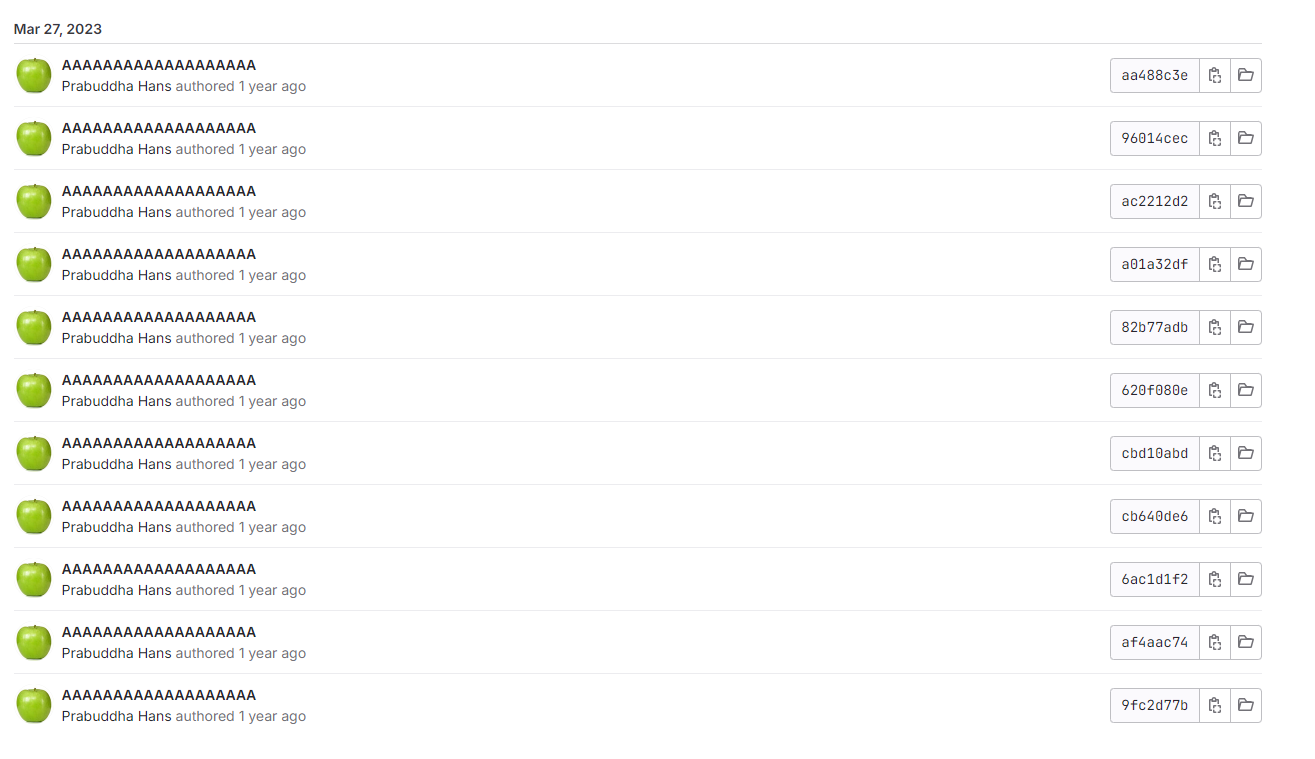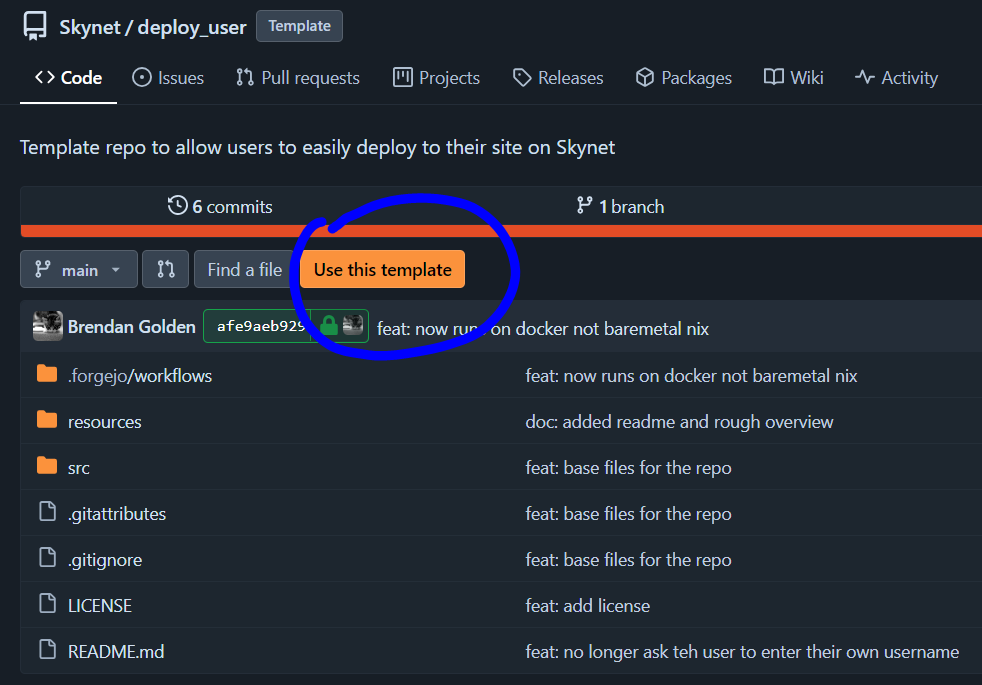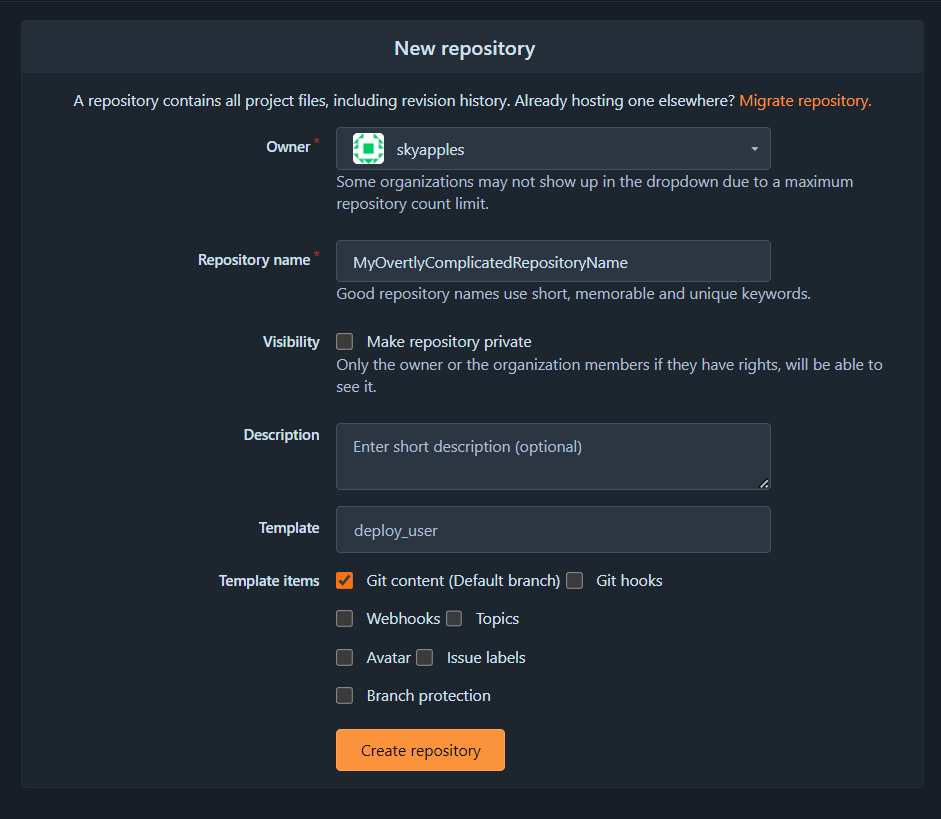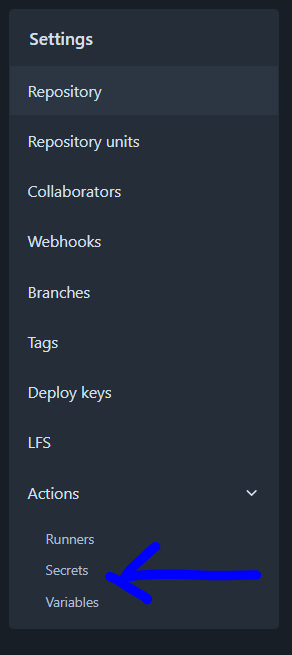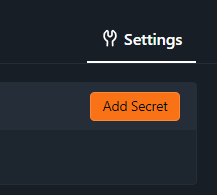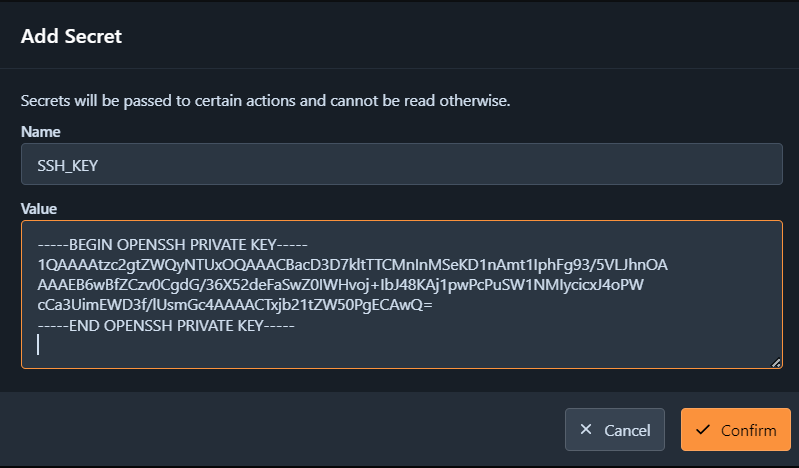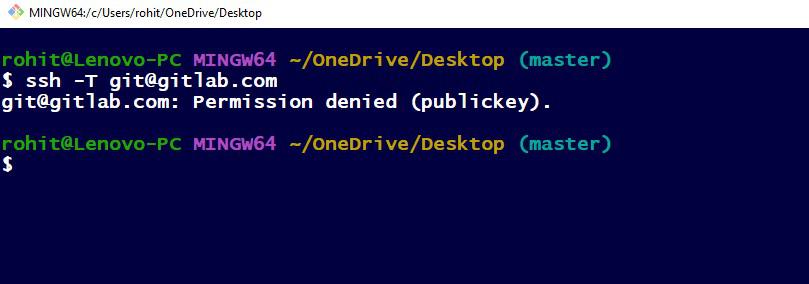6.2 KiB
| title | sub_title | author | date | theme | ||
|---|---|---|---|---|---|---|
| Intro to git | git push -f origin main | Prabuddha Hans | 2025-09-22 |
|
Git
- Git is tool that's used in the programming industry.
- Another name for Git is a Version Control System (VCS) tool.
- Specifically to track project work done, and the changes to files we've made.
- The more correct term is Source Control.
- It is NOT a programming language.
- Git is a tool made for (usually) us programmers to track the work we've done.
=================================
Programmer socks (not) included.
Why Git
- Now we need to ask WHY.
- Why would we need a tool like this?
- Why not use Google Drive instead?
- I will find your IP address.
- In all honesty,
- It's to help keep track of who did what.
- And to work on unique features...
- without affecting the main area/branch of our work.
- When DO we use git?
- Because Git keeps track of the changes we've made to files,
- We can then use it to commit and stage these files,
- and push them to a place where we can store them.
Code Storage
- This place is called a Repository.
- Repositories are hosted on websites like GitLab, GitHub and Forgejo.
- But, an interesting feature of git, is that it allows you to time-travel.
- Meaning that if a project breaks, you can go back to before it broke.
- Now I hear you nerds in the audience asking...
- Why not use SVN?
- The answer is simple.
No.
WHY don't we use SVN
- An actual answer is that Git is Distributed, and SVN in centralized.
- Simply put, devs can store their changes locally on their machines.
- Whereas on SVN they're stored on a central system.
- With a central system you NEED to be connected at all times to work on it.
- You can work locally on git without having to be connected,
- and then push once you're reconnected.
- Back to git.
- Let's start with the basics.
Live demonstration time
- Please get your laptops out
=================================
How to download Git & Git LFS
Download
<https://git-scm.com/downloads>
=================================
=================================
=================================
=================================
=================================
=================================
=================================
<https://forgejo.skynet.ie/Skynet/deploy_user>
Don't do these types of commit messages
=================================
=================================
=================================
=================================
LFS Install
=================================
git lfs install
Setup SSH key (see Readme.md)
=================================
=================================
=================================
=================================
=================================
git init
git remote add origin <repo_url>
git pull origin <branch_name>
git add <file_name>
git commit -m "<commit_message>"
git push origin <branch_name>
=================================
https://<username>.users.skynet.ie/
TroubleShooting
If you see this:
Credit: Geeks for Geeks
Go here
=================================








